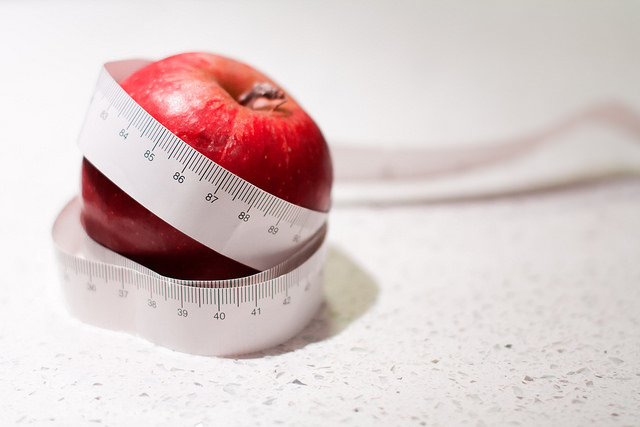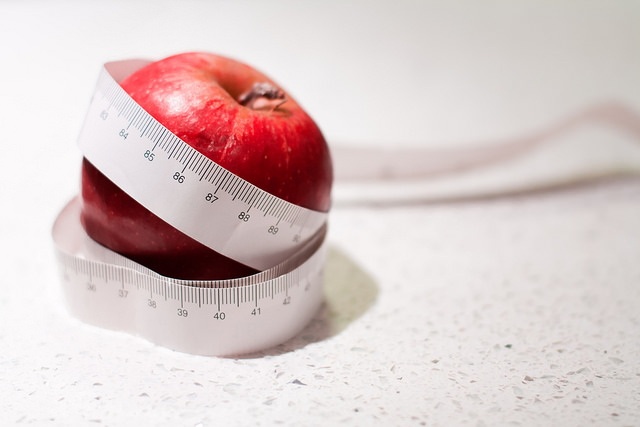You’ve never had to watch your weight before, but it seems like all of those years of eating whatever you want are suddenly catching up with you. If you’re about to embark on your first diet, use these simple tips to stay on track and maximize results.
- Think about it in the long-term. Instead of thinking of your diet as something that will eventually end, consider it a lifestyle change. That way, you’ll be able to maintain your results and even indulge in the occasional treat.
- Aim for realistic goals. Instead of starting an extreme diet to lose a very large amount of weight each week, set realistic goals that you can safely and healthily meet. For example, aiming to lose 2 pounds per week is a healthy and attainable weight loss goal that will still yield major results.
- Skip the fad diets. Instead of falling for a fad diet that cuts out a major food group or involves complicated meal plans, opt for a healthy diet that includes whole foods and balanced meals.
- Keep it simple. Fill your diet with fruits, vegetables, lean meats, and the occasional healthy whole grains and you’ll have no problem shedding those extra pounds.
Healthy Weight Loss and Dieting Tips [HelpGuide.org]
The 25 Best Diet Tricks of All Time [Health]
Jillian Michaels: Weight-Loss Tips That Work [Health]



 Equal Housing Opportunity
Equal Housing Opportunity